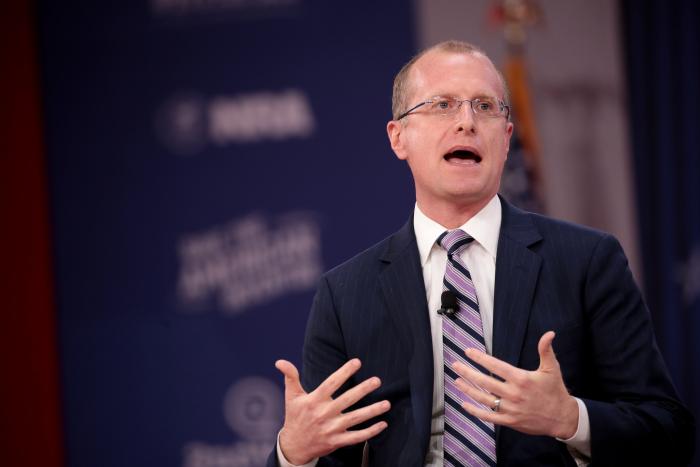A T-Mobile/Sprint Merger Would Destroy Wireless Competition, Kill Jobs and Harm Low-Income Families
WASHINGTON — Reuters reported on Friday that T-Mobile and Sprint are close to agreeing to merger terms, with a final deal expected as early as October. The merger, if approved, would join the third- and fourth-largest U.S. wireless companies, which together would serve more than 130 million subscribers.
Both companies have previously explored merging and touted the alleged benefits from their proposed consolidation. However, it’s the government’s rejection of such mergers that has produced the most consumer benefits.
The number of subscribers to both companies has grown in recent years following the introduction of service plans priced well below those of the market’s leaders, AT&T and Verizon, as well as aggressive deployment of advanced 4G LTE services.
T-Mobile’s resurgence in particular was driven by infusions of cash and spectrum following the FCC’s rejection of the AT&T/T-Mobile merger in 2011. Sprint too has made a concerted effort to improve its network and compete on price, following the Obama FCC reportedly signaling in 2014 that it would reject any deals that reduced the number of nationwide wireless carriers from four to three.
Free Press Policy Director Matt Wood made the following statement:
“No one but Donald Trump’s pals on Wall Street wants to see this competition-killing, investment-killing and job-killing merger. There is no rational justification for T-Mobile to take over Sprint and remove yet another consumer choice from the marketplace. It’s motivated by pure greed and a desire to reach deeper into people’s wallets.
“What’s obvious about the wireless market is that customers benefit most when the government has the wisdom to block such mergers. Competition driven by the smaller carriers is finally starting to pay off for consumers, but this merger would halt all that. As separate entities, T-Mobile and Sprint have exerted important competitive pressures on the wireless market, pushing each other and AT&T and Verizon to do things they otherwise wouldn’t — like once again offering uncapped data plans and dropping burdensome contract requirements.
“The competition between T-Mobile and Sprint is particularly important for lower-income families who favor these carriers over AT&T and Verizon. Many people in these households rely on mobile as their only internet connection. If T-Mobile and Sprint merge, prices will spike and the digital divide will widen.
“The legal standard for approving giant mergers like this is not whether Wall Street likes it. Communications mergers must enhance competition and serve the public interest. This deal would do just the opposite: It would destroy competition and harm the public in numerous irreversible ways. So unless Ajit Pai wants his tenure at the FCC to go down as the worst for consumers in the agency’s 83-year history, the chairman should speak out and show us he’s willing to do more than rubber-stamp any harmful deal that crosses his desk.”




